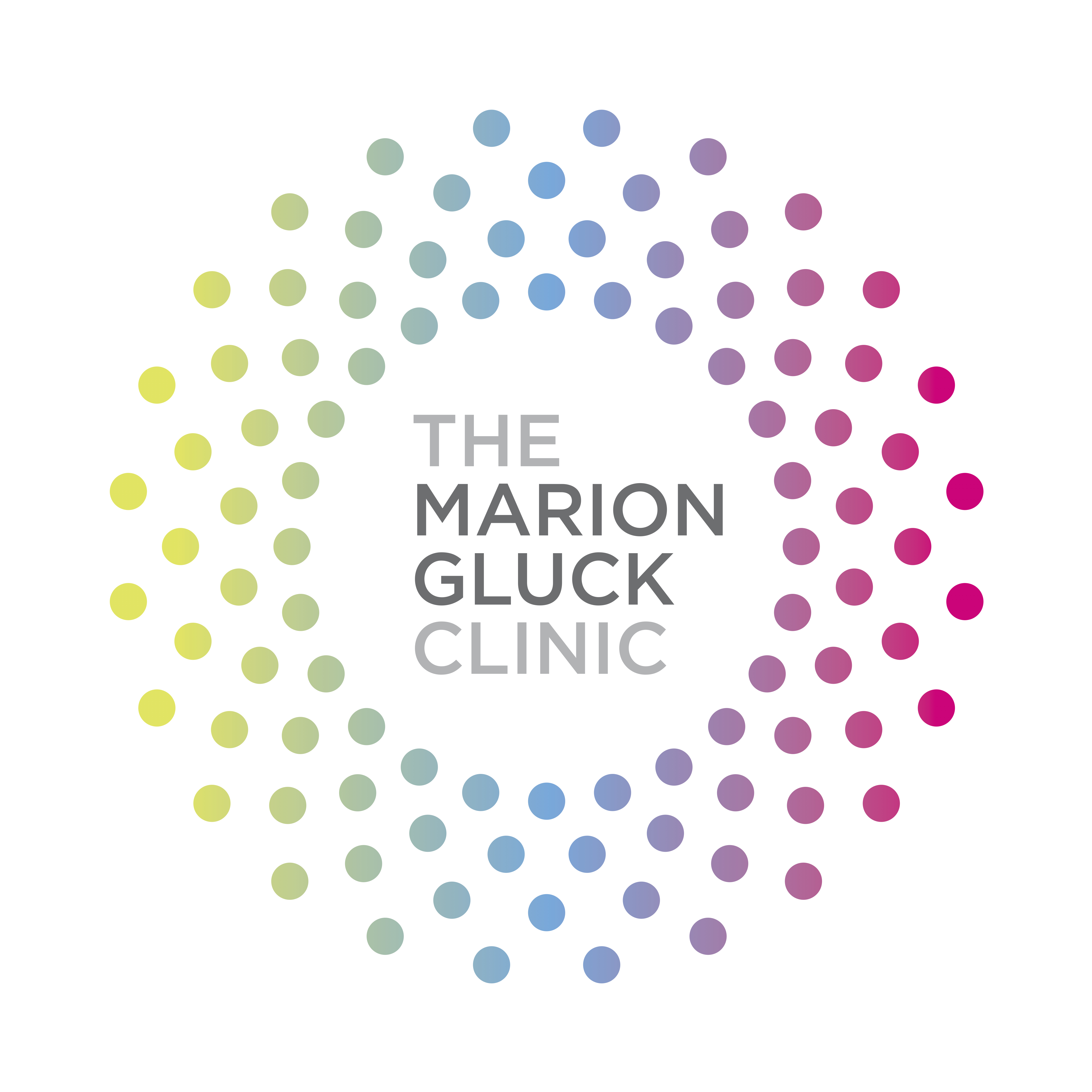Menopause And Libido Explained
The connection between menopause and libido is a complex one. Menopause comes to us all, bringing with it a whole host of changes, both emotional and physical. But menopause can also bring about one particularly unwelcome change — loss of libido.
In this guide, we explore the connection between menopause and sex drive, looking at why your libido may change during menopause, the various changes that the body goes through, and what you can do to increase your sex drive. Read on to learn more.
Menopause and loss of libido
The M-word (that’s menopause) isn’t something we’re always comfortable talking about. But here at Hormones and You HQ, we say embrace it. Menopause is a natural event that happens to every woman, and it’s important to be real about it — so let’s do it.
In a nutshell, menopause is when you stop getting your period (officially after twelve months without a menstrual period). This typically happens anywhere between the ages of 45 and 55, and is down to the naturally lowered hormone levels that come with ageing.
That said, menopause can sometimes happen before you reach your mid-forties, sometimes naturally, but sometimes due to medical reasons. Removal of the ovaries or uterus, for example, or due to cancer treatments.
We’ll be honest — menopause isn’t always comfortable. Symptoms range from joint stiffness, increase in facial hair, mood changes and the dreaded hot flushes to anxiety, night sweats, vaginal dryness and, yes, even loss of libido too.
Many women find when they hit menopause, they lose that loving feeling — in short, a reduced sex drive is one unwelcome symptom of menopause that you might need to be prepared for.
But that doesn’t mean that this is the end of your sex life. For lots of women, menopause can be the start of a great new chapter — you just might need to rethink how you approach sexual pleasure and find ways to enhance your sex life.
Why does libido change around menopause?
So why exactly does menopause cause this loss of libido, and how can it impact your sex life?
Well, your body is a beautiful, complex thing, and the reasons can be varied. Let’s look at a few of the most common together.
Hormone changes in menopause
Of course, oestrogen plays a big role in all this. One of our main sex hormones, oestrogen is responsible for everything from puberty to our periods, and it’s also the key culprit behind our loss of libido too.
During menopause, we naturally experience hormonal changes, including a big dip in our oestrogen levels.
This dip throws our body into disarray, resulting in mood changes (time to dig out the ice cream and PJs, ladies), reduced energy levels (duvet day, anyone?) and, of course, a noticeably lowered libido too. Sadly, no matter how much you love it, your desire to knock boots will drop during menopause too.
What you might not know is that testosterone also plays a role here. More commonly associated with the male sex drive, testosterone is also an important sex hormone for women too. In fact, women naturally create four times more testosterone than oestrogen!
However, during menopause, your testosterone levels start to drop, resulting in a variety of symptoms — including reduced libido.
Physical changes in menopause
It’s not just our sexual desire that changes during menopause — our bodies stop playing ball with us too.
Vaginal dryness is another uninvited guest of menopause. Usually, when we get aroused, our body increases blood flow to the vagina, making it produce the natural lubrication that means we’re ready to go.
But during menopause, our bodies produce less oestrogen. This makes it harder to get aroused, meaning reduced blood flow to the vagina and, as a result, reduced lubrication too. Sex may be uncomfortable or painful as a result.
Other physical changes include the tissues of our vagina and labia becoming thinner, meaning the vagina becomes irritated easily, and thus less sensitive to sexual stimulation that would usually get us in the mood.
Mental and emotional factors
For many of us, menopause can be an emotionally taxing time.
As your hormones change during menopause, you might find yourself feeling more stressed or tired than usual, with your patience wearing thinner much quicker than before. Feeling irritable, stressed or low can all affect your sex drive and decrease sexual desire.
Some women may also struggle with body confidence too, which can impact whether you enjoy intimacy.
How to increase your sex drive after menopause
Although some of these changes may sound pretty bleak, menopause doesn’t have to signal the end of your sex life.
It is possible to enjoy a thriving sex life after menopause — you may just need to work around the challenges that menopause poses to adapt your sex life and rediscover your mojo.
Thankfully, there are a variety of ways you can increase libido during and after menopause. Let’s look at some of the best.
Lubricants
If you haven’t introduced lube to your sex life yet, now is the time.
Despite the clinically un-sexy name, lubricants are a blessing in the bedroom, helping relieve vaginal dryness and making sex more enjoyable too. And with fun tingling or flavoured variants on offer, you’ll be sure to find the perfect lube for you.
Pelvic floor exercises
Also known as Kegel exercises, these simple exercises are designed to strengthen your pelvic floor (essentially your vaginal muscles), helping relax your vagina and improving blood flow too.
Kegels can also help relieve or control other menopause symptoms, such as incontinence — plus you can do them at your desk and no one will know!
Add some spark to your sex life
Menopause is the perfect time to really take your sex life to the next (kinkier) level. If it’s harder to get aroused, you just need to find new and exciting things to get you there. Treat yourself and your partner to some new toys, or explore that one kink you’ve been thinking about but been too nervous to try — it’s basically doctor’s orders.
Bioidentical testosterone cream
Natural hormone therapy can rebalance testosterone levels and improve libido. Our bioidentical libido cream is specially formulated to give a handy boost of hormones that’s proven to help increase your sex drive, energy and confidence.
How our team can help
Reduced sex drive is a common symptom that many women experience during or after menopause. But with Hormones and You, you don’t need to just put up with low libido after menopause — get the help you need from us today.
Get in touch today to discover how Hormones and You’s range of accessible, natural and personalised hormone solutions can help you rediscover a healthy, happy, fulfilling sex life.






